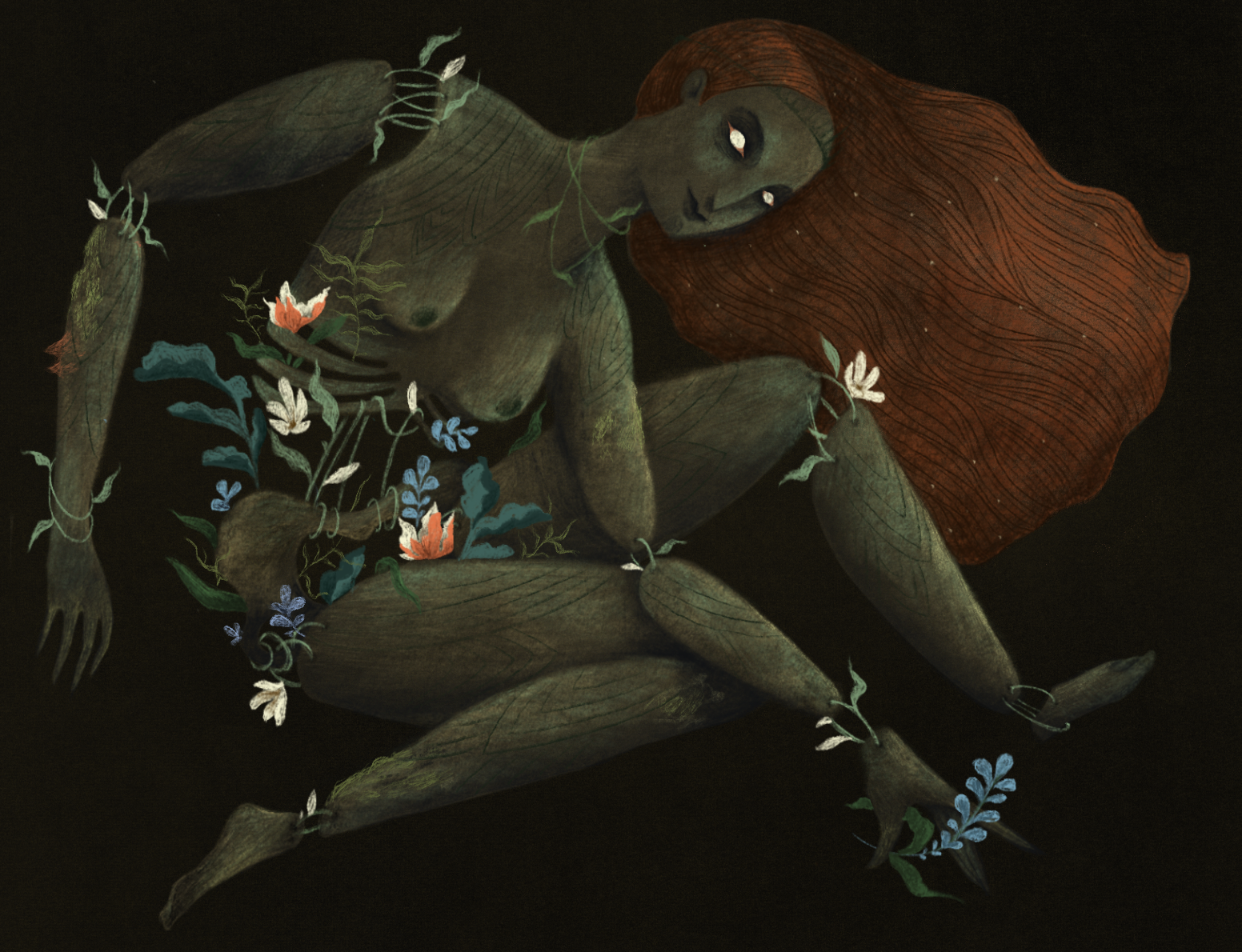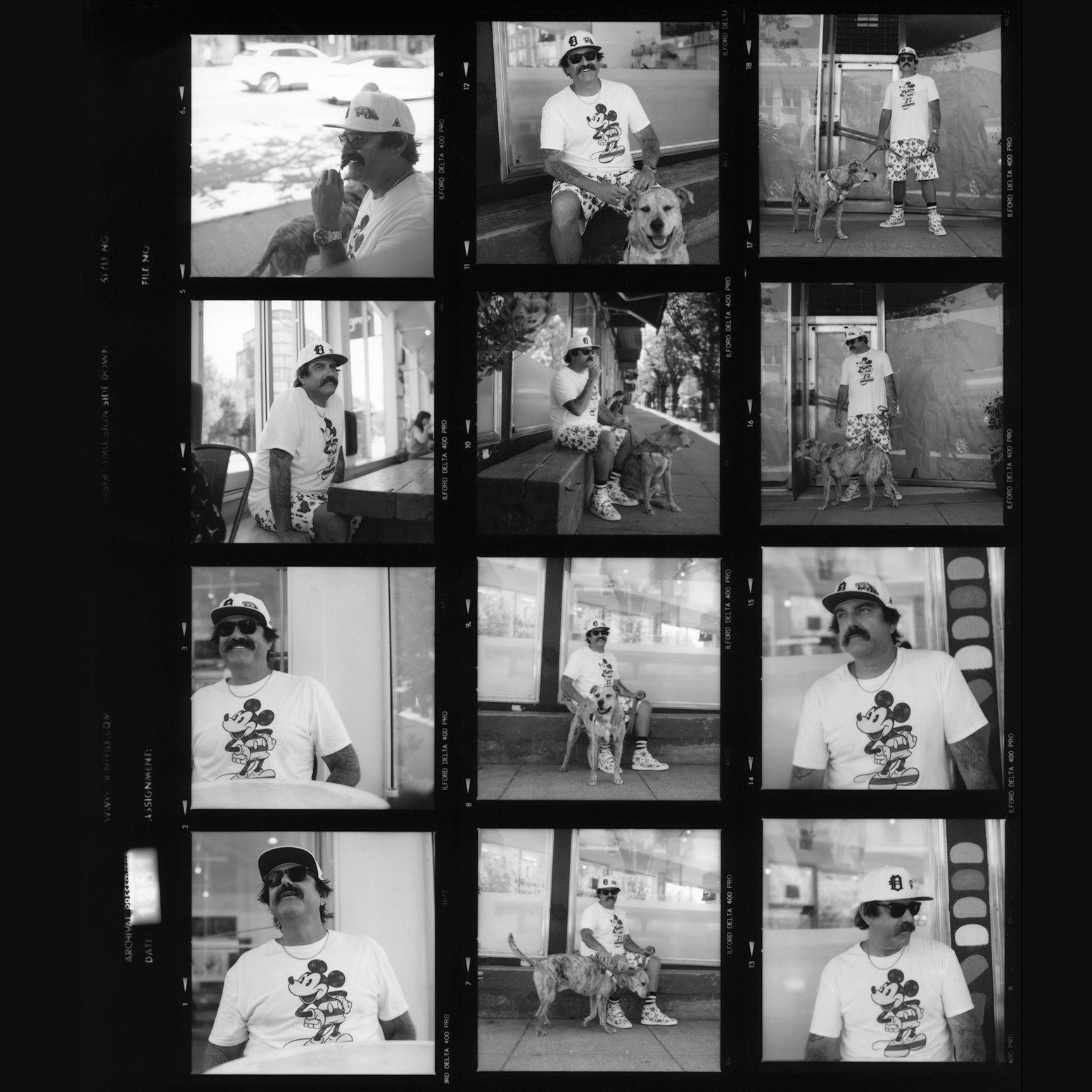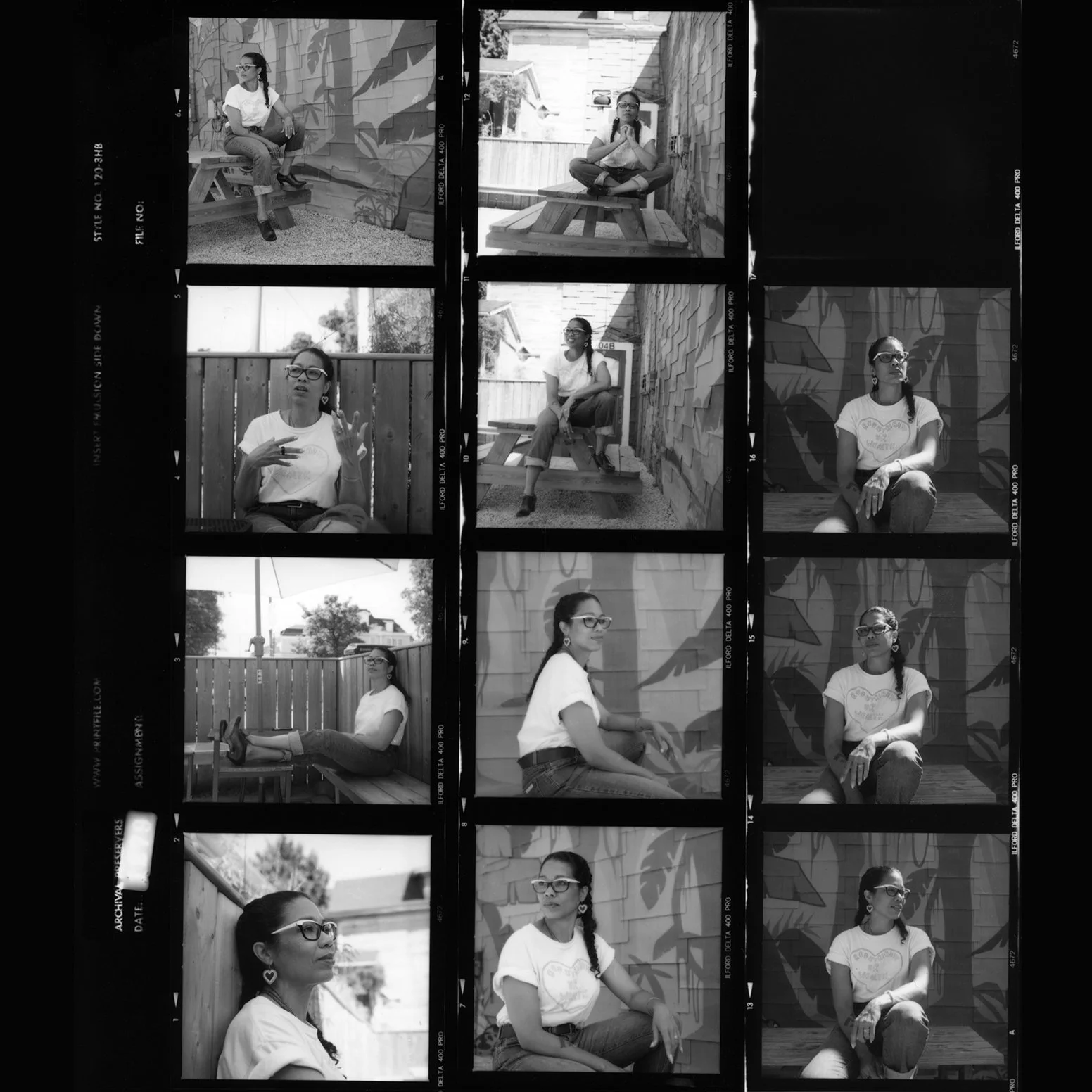Interview: Jordan Abel
/Ahead of Vancouver Writers Fest, SAD chatted with four shining stars taking part in the festival to get the DL on books they're loving, the inside scoop on their works, and to learn about what the future holds! Meet Jordan Abel, the third of our four interviewees.
Jordan Abel
SAD Mag: Where are you right now? What are you looking at?
Jordan Abel: I am in my writer-in-residence office at the University of Manitoba! And I’m looking at my copy of Between Page and Screen by Amaranth Borsuk and Brad Bouse.
SM: What are you most excited about, in this moment?
JA: I really stoked to check out Jeramy Dodds’ reading tonight at the Winnipeg Writers Festival. He’s got a new book out called Drakkar Noir that I know pretty much nothing about. Except that it has a really cool cover.
SM: What are you reading these days?
JA: I recently re-read parts of Bill Kennedy and Darren Wershler-Henry’s Apostrophe. Actually, I really wanted to read their project Status Update as well, but it looks like that project is no longer on the web. Also Tom Comitta’s O and Sachiko Murakami’s Project Rebuild.
SM: Your Griffin-Prize-winning collection, Injun, is one long poem, composed of found text from western novels published between 1840 and 1950. What initially drew you to the western genre as source material for your own poetry?
JA: I was drawn to the western for a few reasons. One: it’s a genre that very often seems to represent Indigenous peoples in problematic, stereotypical ways. Two: there are thousands of western novels that are now in the public domain, but it is also a genre that is still very much alive today. Three: many North Americans have a deep and troubling nostalgia for the genre (which is also often intertwined with a kind of romanticizing of colonization that could also been seen as a romanticizing of Indigenous genocide).
SM: What was it like to work with such problematic material for an extended period of time? What did you discover that still sits with you today?
JA: I think I get where this question is coming from. But the process of writing this book (which I suppose is a sustained engagement with racist and problematic texts) actually ended up being both destabilizing and cathartic. This project, more or less, is about dismantling the context surrounding racism, and subsequently articulating a voice that is in resistance. So what remains with me today is in part that spirit of resistance, but also further questions.
As an occasional PhD student, one of the questions that comes up for me all the time is what counts as Indigenous literature? And/or what makes a piece of writing Indigenous? I think these are actually harder questions to answer than they may appear initially. In terms of my own work, I often wonder when the writing ceases to be settler writing and when it starts to become Indigenous writing. And/or I wonder where that line is (if it is there at all). I think this book (and my previous book Un/inhabited) have given me a lot to think about since they were published.
SM: If your book could transform one aspect of how white settlers think about our language, and our conversation, what would it be?
JA: Well, after writing two books about the representation of Indigenous peoples in the western genre, I think it’s pretty safe to say that I think the representations of Indigenous peoples matter deeply to both Indigenous peoples and settlers. My hope is that my work helps in some way to facilitate some of those conversations about Indigenous representation, and I also hope that it inspires others to resist colonial power structures.
SM: What’s next for you?
JA: I’m currently working on a few projects. One of which is about is about what intergenerational trauma can look like. Specifically in relation to Indian Residential Schools in Canada.
Jordan will read from and discuss his work in an amazing event—also featuring Indigenous authors Maia Caron, Ali Cobby Eckermann, Ayelet Tsabari—during this year’s Vancouver Writers Fest. Saturday, October 21 at 5pm on Granville Island. Tickets are $20 or $15 if you’re under 30; purchase yours here.
Jordan Abel is a Nisga’a writer from BC. Currently, he is pursuing a PhD at Simon Fraser University where his research concentrates on the intersection between Digital Humanities and Indigenous Literary Studies. Abel’s creative work has recently been anthologized in Best Canadian Poetry (Tightrope), The Land We Are: Artists and Writers Unsettle the Politics of Reconciliation (Arbiter Ring), and The New Concrete: Visual Poetry in the 21st Century (Hayword). Abel is the author of The Place of Scraps (winner of the Dorothy Livesay Poetry Prize), Un/inhabited, and Injun (winner of the Griffin Poetry Prize).


















